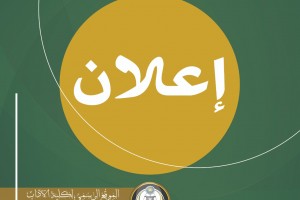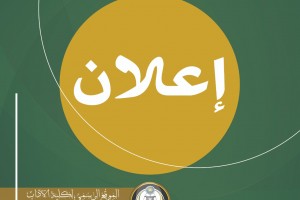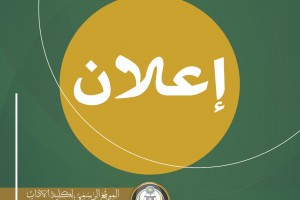


The Department of Philosophy at the College of Arts / University of Basrah organized a panel discussion entitled Charles Taylor's Moral Identity Principles.
The panel discussion, in which Prof. Nawal Taha Yassin lectured, aims to restore moral thinking with a philosopher who is considered one of the most important philosophers of the twenty-first century and the most influential in philosophical understanding, as evidenced by his books in the variety of topics he dealt with including: - the ethics of authenticity, the sources of the self, social imaginations, Secular age, the politics of recognition, and others. In light of the multiplicity of identities in the same society, and with attempts to be dominant over the principles of one identity over another, a very serious problem arises: for who of these groups is the moral structure or the moral identity of the community? For whom does the minority or the majority prevail? Or a mixture of different groups? Or is it possible for a society to have a single moral identity in which different moral identities are fused?
The panel discussion covered four main topics:
1- Determining the meaning of identity and the moments of its formation according to Taylor: What he means by the identity of “we” is that we are the background on which our tastes, desires, opinions and aspirations are formed. Identity passes through moments according to the sources that contribute to its crystallization. The first moment is formation, and it does not happen by itself, but through rules transmitted to the individual through a linguistic medium from multiple sources. The first of these sources is the family and the community; because the self is a social formation based on language as well. As for the second moment, it is the moment of transformation. Knowing the truth of human identity can only be achieved by confronting the thought and language of the individual with the thought and language of others.
2- Defining the meaning of moral identity: It is defined as the same individual in terms of what he carries and what is unique to him from other ideals, values and moral principles that represent his beliefs and perceptions about himself, such as: right, duty, dignity, respect..etc. Thus, the moral identity represents a cognitive card that reflects the image that the individual holds about his personality and what he should do.
3- Philosophical and social frameworks for moral identity, and by frameworks it means talking about the background that we assume and rely on in judging any value as correct, either it is philosophical due to Plato or Kant, or the social imaginary has a role in that. What led Taylor to the concept of "social imaginaries" was that he found "that the complete definition of man's identity is not limited to his position on moral matters but also refers to a defined society. Taylor presented deificationism as a social imaginary that played a role in the formation of moral identity. The divine order gives each individual a place in society and the meaning that he must give to his life, but the demise of the sacred from the field of life led to the individual's interruption from the social horizons that were regulating his life.
4- The principles of moral identity, which are authenticity, respect, and recognition.







